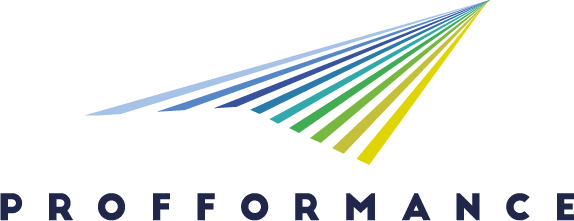Forms of competence and student-oriented feedback in Procedural Language Lab
Forms of competence and student-oriented feedback to promote the learning success of students in the course
- 01 - Education
- 07 – Engineering, manufacturing and construction
3. Innovative student’s learning assessment
- Learning outcome-oriented, innovative ways of students' assessment
- Different assessment opportunities for students with divers needs
- Promoting self-assessment and peer assessment to empower students and enhance their learning
- Student learning enhancement using formative assessment
- Online real-time feedback and assessment for continuous improvement of students learning
The course "Procedural Languages" aims at teaching the basics of programming to all students of the first semester. It develops the necessary basic competencies in the area of programming for a variety of advanced courses. The structure is a closely linked sequence of 25 alternating self-study and attendance phases and is assessed with 5 ECTS. The sequence as well as the contents of each individual phase are mapped in a Moodle course. In the first 10 teaching weeks of the semester there are two attendance units per week, in the last five weeks there is one per week. This results in a very short time interval for the intervening self-study phases, especially in the first ten weeks, which we consider in the planning and dimensioning of these phases. The goal of each self-study phase is to introduce a new programming element. Students need 30 - 60 minutes to work through the basic material in the form of a slide script and the associated self-checks. In addition, there is also always a video and textbook to serve different learning preferences and provide alternative perspectives and levels of detail. The material not only contains the theoretical description, but also uses short code examples to demonstrate the application of the new element. Each of these code examples is followed by a request to the students to perform a corresponding self-check in Moodle, providing immediate feedback. The self-checks do not require the reproduction of theoretical content but are derived from the theory-based demonstrated code examples. Specifically, they consist of a problem that students can solve in five to fifteen minutes by minimally modifying the code example from the slide lecture. It thus checks for understanding, demonstrates again how it works, and gives students a chance to experiment with the new element. During classes, the results of the self-checks, the collected questions and introductory quizzes help lecturers with getting an overview of the students’ knowledge and possible open questions. The structure of ICM allows them to put focus on clarifying these questions by means of discussion and by exploring them within mob-programming sessions. The tests in this course are practical programming tasks and incorporate additional forms of feedback like peer reviews and code reviews. This enriches the automated feedback with qualitative aspects, promotes sharing of knowledge between students and builds a positive feedback culture within the class.
Methodology
Tools, equipment, technology used
Outcomes and outputs, main results
Lessons learnt
Adaptability and sustainability of the best practice (for other institutions)
Promotion of best practice
Scope and impact
- Course/department level
- Faculty level
- Institutional level
- Cross-institutional level
6.1 Digitalization
- Outstanding, innovative, excellent practices of online / blended / hybrid learning
- Digital skills development and assessment both general and profession-related, embedded in course design, in teaching and assessment
Reasoning: Matching the content of the course, the materials are computer- and online-based. Self-Study-phases are completely digitalized. The concept includes face-to-face-sessions in groups, which can be adapted to online-streaming-sessions when needed (e.g. due to Covid-19).
6.2 Internationalization
- Innovative practices of blended mobility
Reasoning: Especially in the completely digitalized format, where the meetings are held as webinars, the course can be opened easily to students of cooperating universities.
6.3 Inclusion and diversity, universal design
- Inclusive course design, universally designed divers activities to meet special students' needs
- Innovative teaching methodology for inclusion and meet diverse student needs
- Senzitivizing students to consider special needs when practicing their profession
- Course includes hints on how the services/products of the profession could be universally designed/inclusive
Reasoning: The ICM offers students the possibility to learn new theories and adapt them in their own time (in a given period). The theories can be learned using different kind of media, therefore students can choose media according to their own needs. Everything is online in a classic Learn-Management-System (Moodle) with responsive design, in case of special needs not met adaptations for the student will be made.
6.4 Sustainability
Reasoning: Given the lecturer-independent format, this course can be evaluated, further developed and held by any programmer with basic teaching skills. Since it covers the basics of an existing programming language, it has longer-term relevance.

